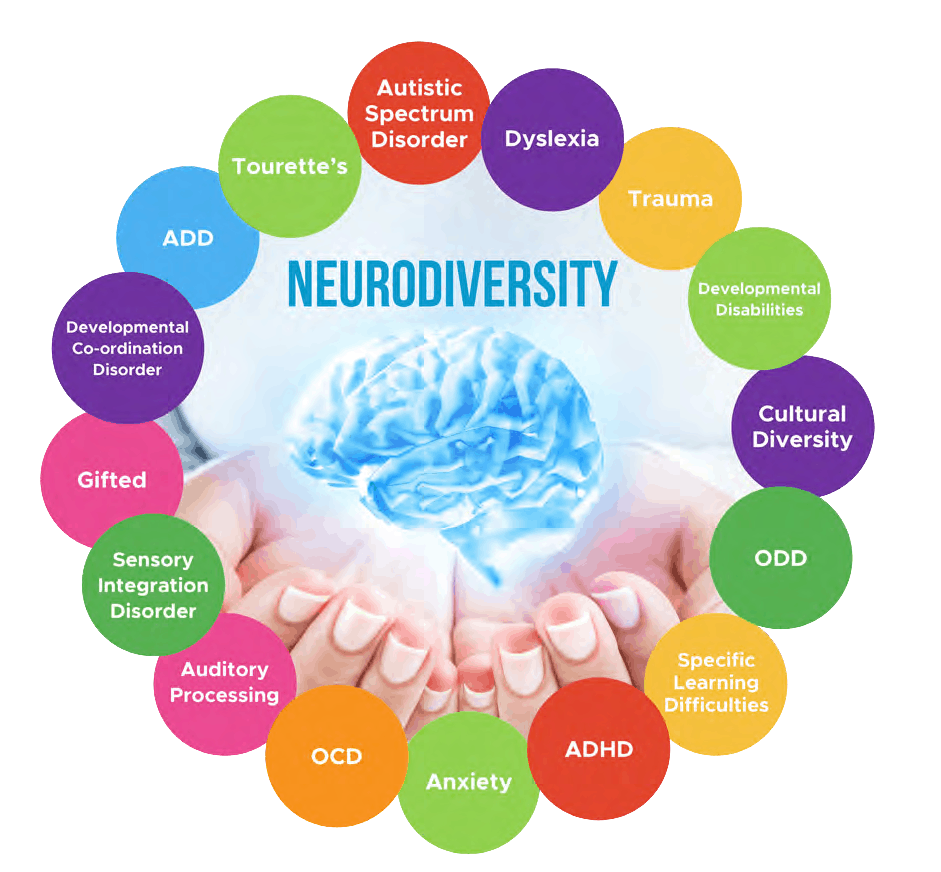The Importance of Neurodiversity in the Workplace

In today's rapidly evolving business landscape, embracing diversity extends beyond traditional demographics to include neurodiversity. The inclusion of individuals with varying neurological conditions such as autism, dyslexia, ADHD, and more. Recognizing and valuing neurodiversity not only fosters an inclusive environment but also unlocks a wealth of unique talents and perspectives that can drive innovation and competitive advantage.
Understanding Neurodiversity

Neurodiversity refers to the natural variations in the human brain that influence how individuals think, learn, and interact with the world. Approximately 15% to 20% of the global population is considered neurodivergent, encompassing conditions like autism, dyslexia, ADHD, and others. These individuals often possess exceptional skills in areas such as pattern recognition, memory, and mathematics.
The Business Case for Neurodiversity

Companies are increasingly recognizing the competitive advantage of hiring neurodivergent individuals. Data from Indeed indicates a six-fold increase in job advertisements referencing neurodiversity since 2019. However, employment rates for neurodivergent individuals remain low, with only 31% of autistic adults in work as of March 2024.
By integrating neurodivergent talent, organizations can benefit from diverse problem-solving approaches and innovative thinking. Research shows that conditions such as autism and dyslexia can bestow special skills in pattern recognition, memory, or mathematics.
Creating an Inclusive Environment

To harness the potential of neurodivergent employees, companies should:
• Educate and Train: Implement training programs to raise awareness about neurodiversity, as a significant portion of employees may be unfamiliar with the term.
• Adjust Workspaces: Design work environments that accommodate sensory sensitivities, such as providing quiet areas and adjustable lighting.
• Flexible Policies: Offer flexible work arrangements to cater to diverse working styles and needs.
• Support Networks: Establish mentorship programs and support groups to assist neurodivergent employees in navigating workplace challenges.
Embracing neurodiversity is not just a moral imperative but a strategic advantage. By fostering an inclusive culture, businesses can tap into a rich pool of talent, driving innovation and success in the modern marketplace.





